Article 370 of the Indian Constitution that grants special status to the state of Jammu & Kashmir has been discarded, following which the state will now be governed by the Central Government. The Union Home Minister of India, Amit Shah announced the scrapping of Article 370 in Rajya Sabha today.
According to the sources, the announcement came after Indian PM Narendra Modi organized a cabinet meeting at his house before the beginning of today’s Parliament Session.
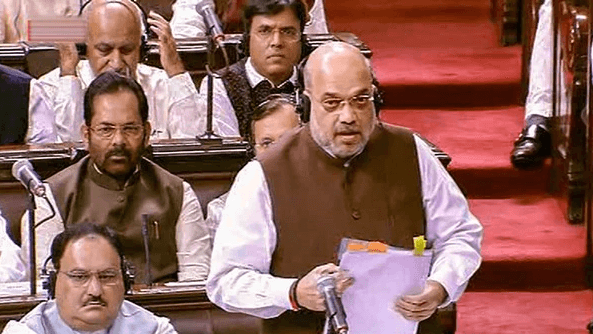
The declaration of “Article 370 Scrapped” has instantly come into force after being signed by Indian President Ram Nath Kovind. Jammu & Kashmir will no longer be considered as a state. It will be bifurcated in to two union territories, namely Jammu & Kashmir and Ladakh. While Jammu & Kashmir will have a legislature, Ladakh will be without a legislature, the sources said. Mr. Amit Shah also introduced a reorganization bill for J&K.
The abrogation of Article 370 Kashmir is expected to have profound aftermath on the already-fidgety state. The repeal of the provision of being called “special state” has rendered the section inoperative that allowed the State Assembly to ratify all the rules & regulations concerning J&K.
What is Article 370 & 35A?
The Article 370 of the Indian Constitution was drafted in Part XXI of the Constitution by Gopalaswami Ayyangar. It gives “special status” & certain temporary, transitional & special provisions to the state of Jammu & Kashmir.
The Article states that apart from the defence, communication, foreign affairs & matters declared in the Instrument of Accession of Jammu and Kashmir, the Parliament would require state government’s affirmation for all the other laws concerning J&K.
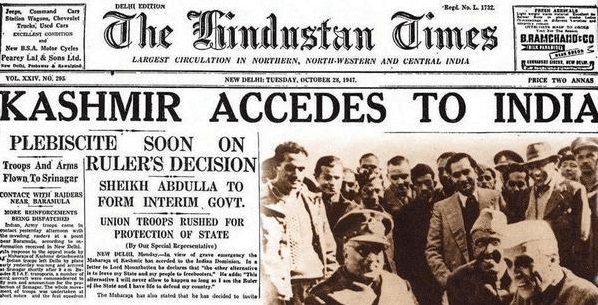
The provisions of the Indian Constitution that were applicable on the other Indian states were not pertinent to Jammu & Kashmir until today.
The Article 35A of the Indian Constitution was incorporated by a Presidential Order of year 1952. The Article empowered the state legislature of Jammu & Kashmir to define state’s “permanent citizens” & establish special rights & privileges for them.
Under Article 35A:
1). Any woman who marries to a person from outside J&K will be denied the property rights.
2). People from outside J&K are not allowed to buy & own immoveable property, settle permanently in J&K or avail scholarship schemes offered by the state government.
3). The government of J&K is not allowed to hire people who are not the permanent residents of the state.
Major Highlights of discontinuation of Article 370:
- Abrogation of Article 370 has put an end to the special status for Kashmir. It was considered as a key to Kashmir’s Addition to India in year 1947.
- Jammu & Kashmir will no longer be a state. It will be bifurcated in to two Union Territories; Jammu & Kashmir with a legislature & Ladakh without a legislature.
- The Central Government made this major move after deploying massive build-up of troops in the sensitive J&K.
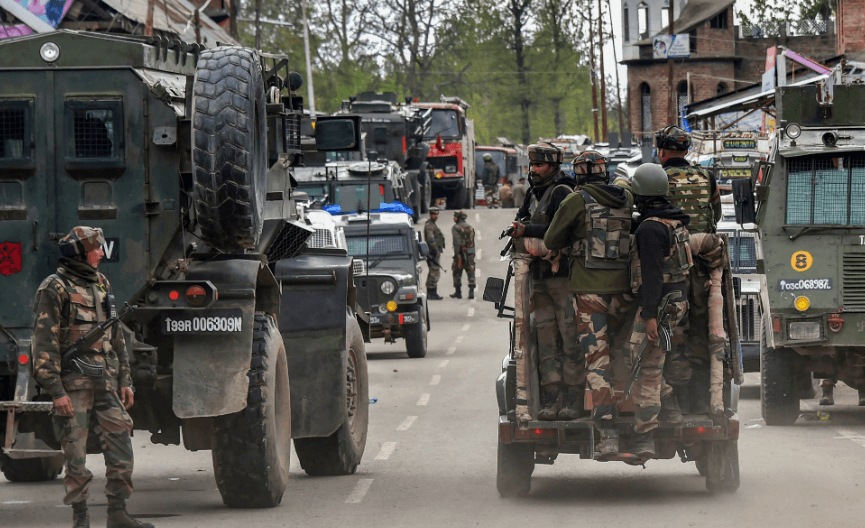
- Former Chief Ministers of J&K, Omar Abdullah & Mehbooba Mufti & other party leaders are under house arrest since last night.
- Telephones Lines & Internet have been rendered inoperative in Jammu & Kashmir.
- The Government cancelled Amarnath Yatra, the annual pilgrimage & asked the tourists & non-permanent residents to leave the state.
- Offices & educational institutions in Jammu & Kashmir have been asked to remain closed. The residents have been banned from gathering in groups.
Response & Reaction of the politicians to today’s declaration:
This unprecedented move by the Central Government has emerged into lime-light after weeks of speculations & several steps taken by the government to ensure tight security in the state.
While many of the politicians are congratulating PM Narendra Modi & Amit for “correcting a historical blunder”, the leaders of opposition parties are considering the abrogation of Article 370 “murder of constitution & democracy”.
Rajya Sabha Chairman Venkaiah Naidu has received resignation letters from certain MPs from Indian National Congress & Samajwadi Party. The resignation letters have been accepted by Rajya Sabha.
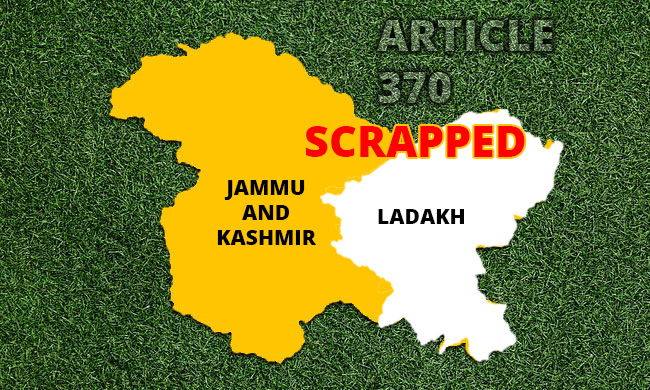
In response to the opposition of repeal of Article 370, Mr. Shah stated that the article 370 alienated Jammu & Kashmir from the rest of the country, instead of linking it.
The reorganization of Jammu & Kashmir gives more power in the hands of the Central Government, which is expected to make the monitoring of J&K easier or say even better than before.
(260)
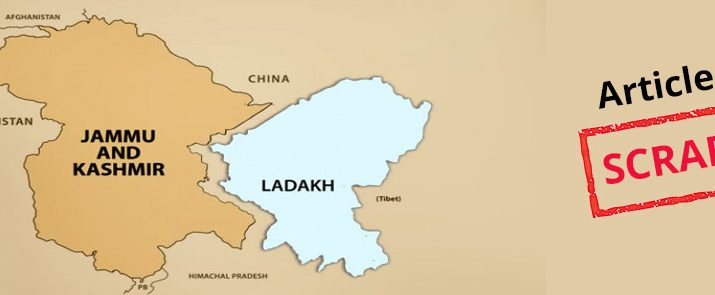
This was the best decision till date.